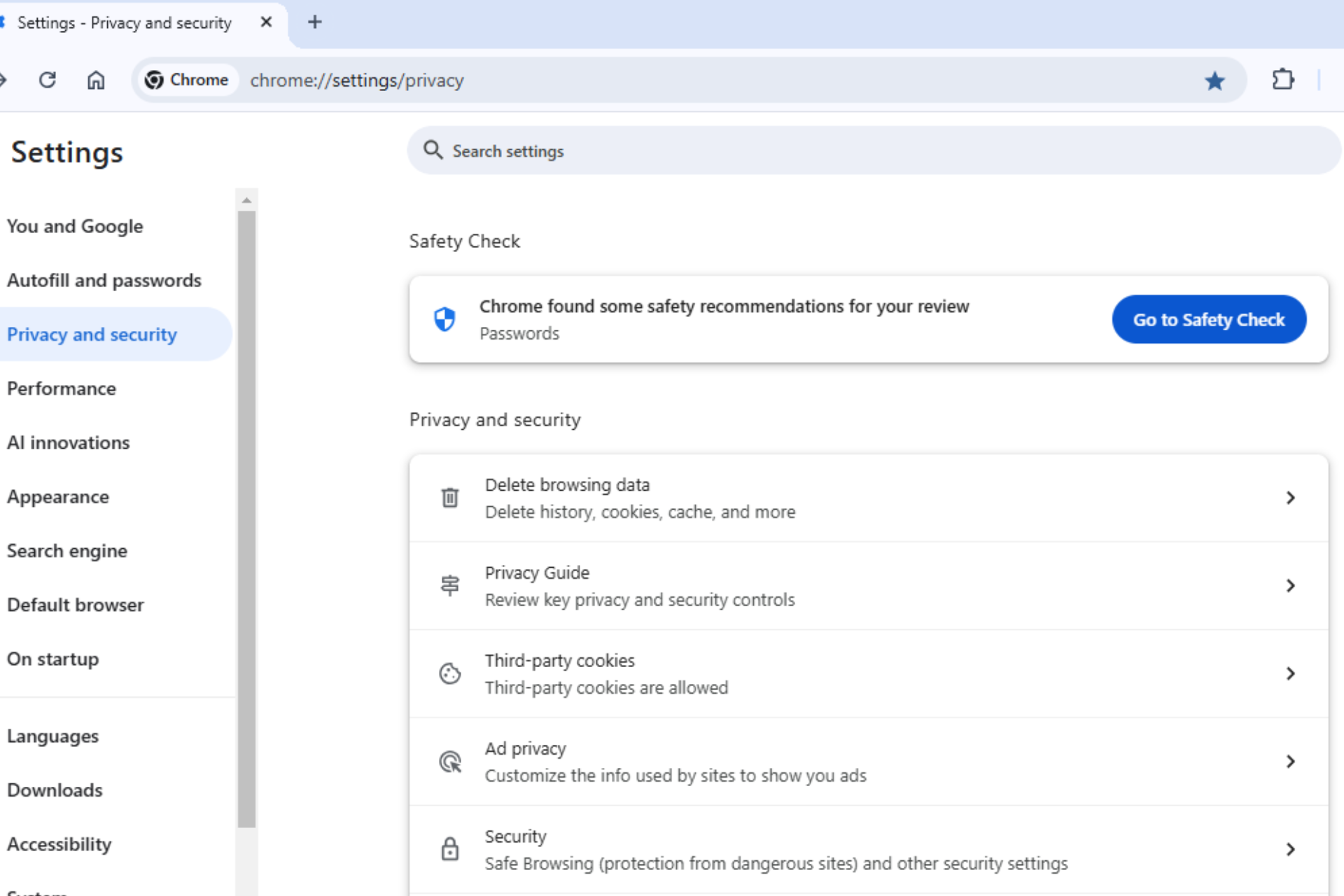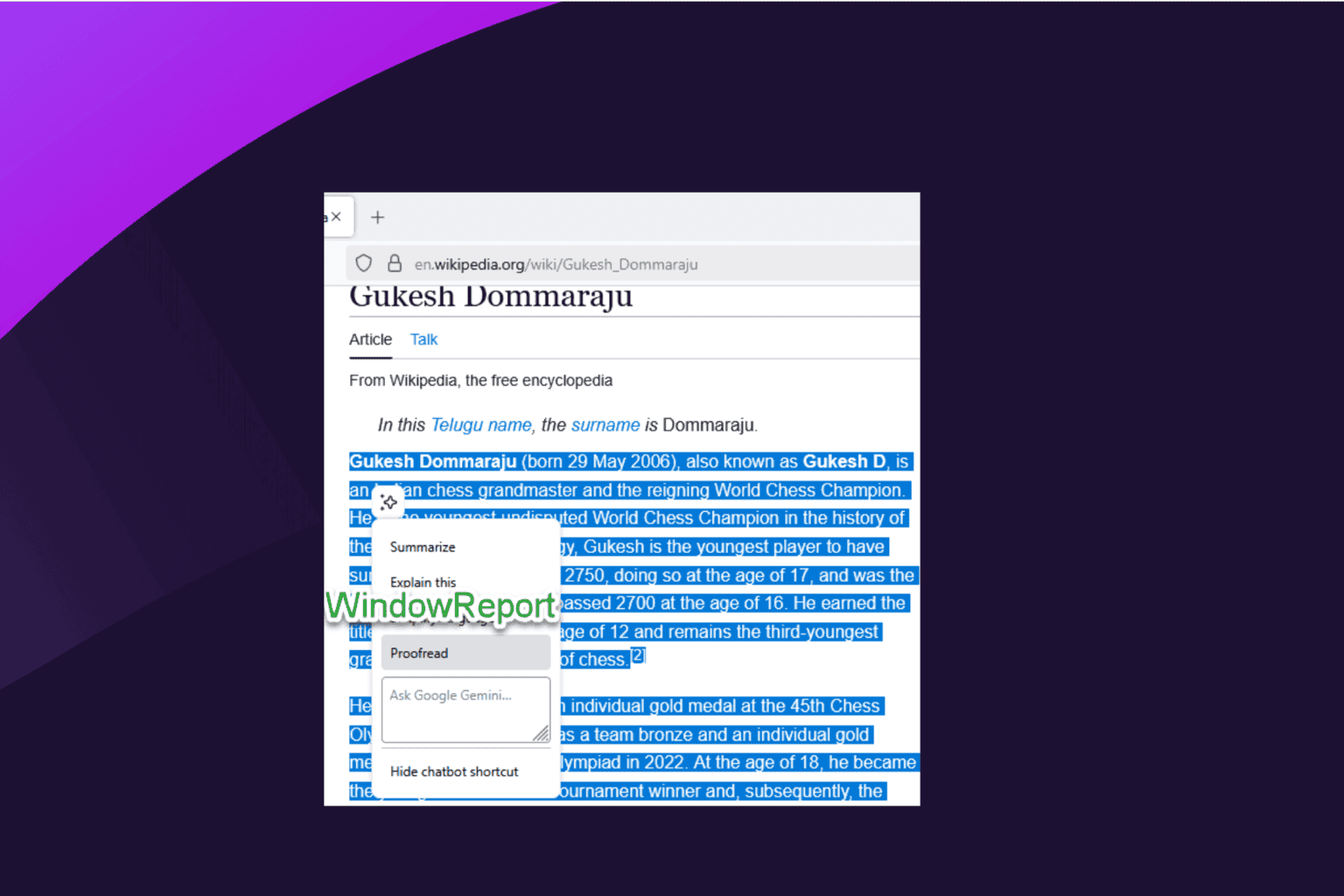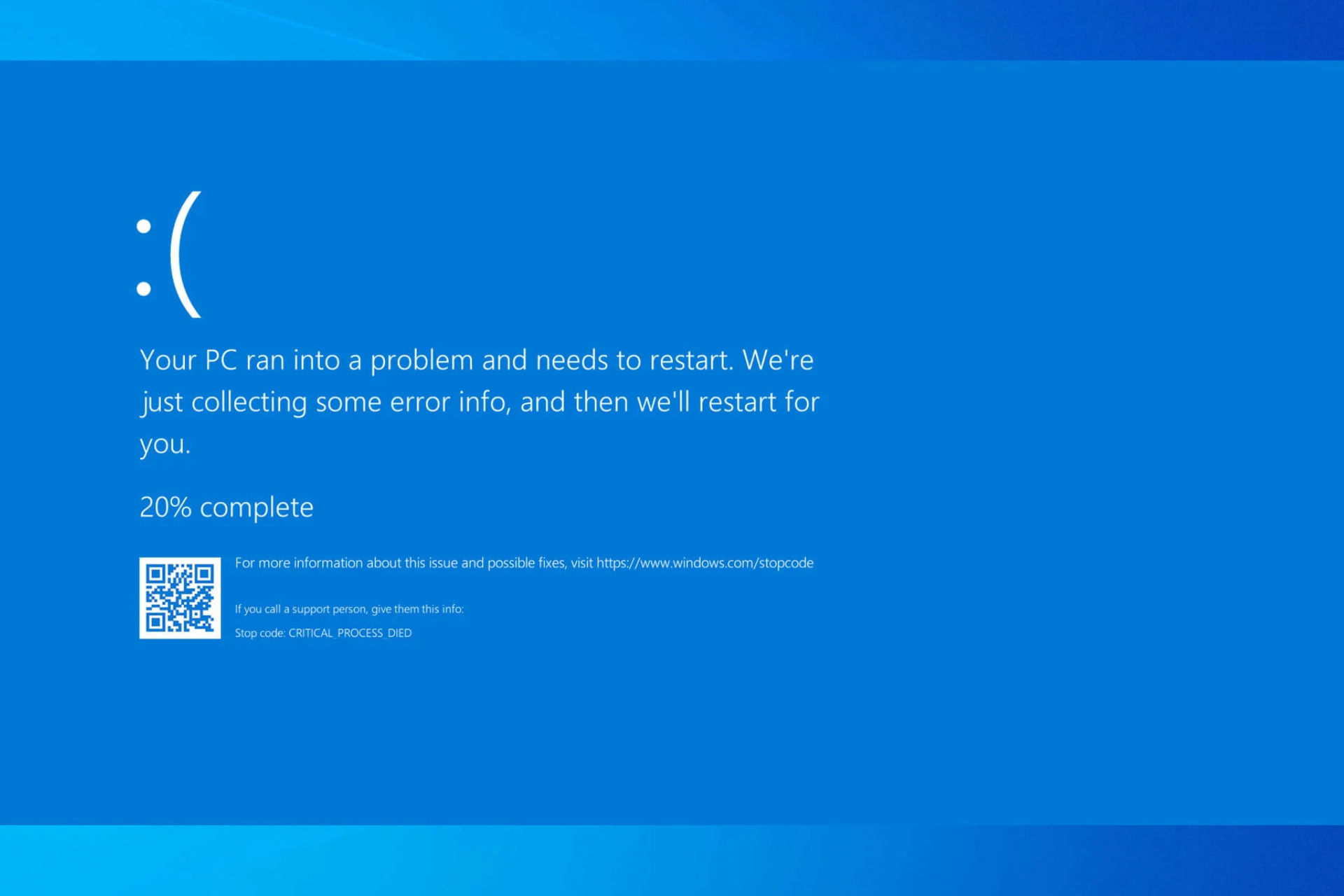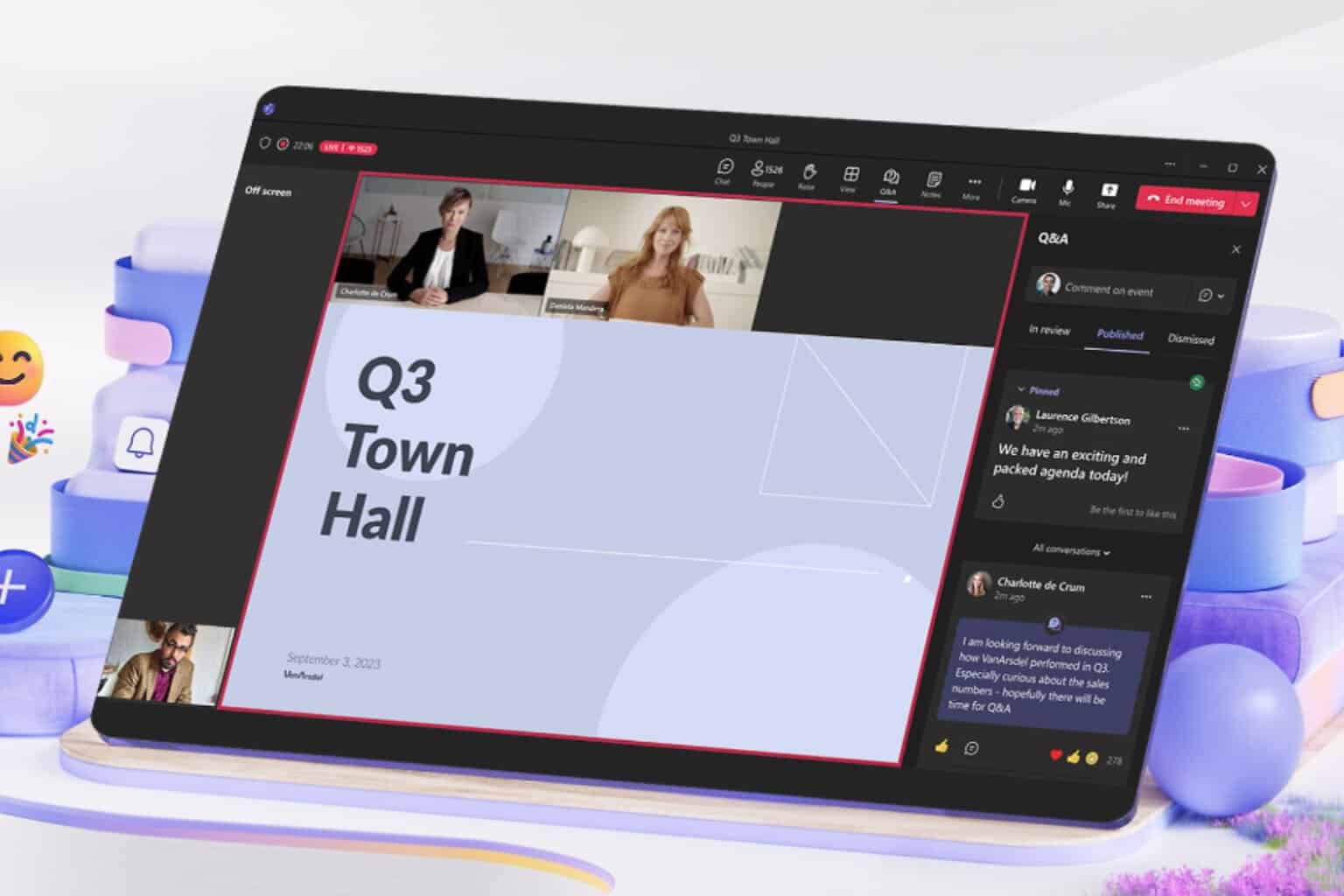.NET 5.0 released with performance enhancements and ARM64 support for Surface Pro X and others
2 min. read
Published on
Read our disclosure page to find out how can you help Windows Report sustain the editorial team. Read more

Microsoft has released a new major version of .NET, the company’s open source development platform. The cross-platform, multi-architecture library has reached version 5.0, bringing with it performance enhancements and developer tooling improvements.
.NET is a cross-platform and multi-architecture framework available for Windows, macOS, Linux and IoT devices. Version 5.0 is an important milestone in Microsoft’s multi-year quest to unify the ecosystem. This manifests in improved toolchain customisation, with developers now able to pick just the components they need for the platforms they target. There’s the promise of further improvements in this area to come with .NET 6.0.
Besides greater unification, today’s 5.0 release brings with it a bevy of performance improvements throughout the .NET components. There’s also expanded platform support, with ARM64 Windows devices (like the Surface Pro X) now targetable by .NET apps.
Developers who migrate to .NET 5.0 and create an ARM64 build of their app will now be able to support for this new generation of Windows devices. Microsoft is continuing to optimise performance on the ARM platform and said it’s working directly with ARM engineers to take the best advantage of its capabilities.
.NET 5.0 additionally includes new major versions of the C# and F# programming languages – C# 9 and F# 5 respectively. The Visual Studio tooling has been enhanced too, notably incorporating an updated Windows Forms designer. Used to graphically layout Windows desktop interfaces, the new Designer now supports the full set of Windows Forms controls.
.NET 5.0 is available to download and use from today. Windows developers will need Visual Studio 16.8 or later, whereas Mac users should use the latest version of Visual Studio for Mac. Being a “current” release, .NET 5.0 will be supported for three months beyond the launch of the next major release – with 6.0 expected in November 2021, that means 5.0 should be around until February 2022.









User forum
0 messages